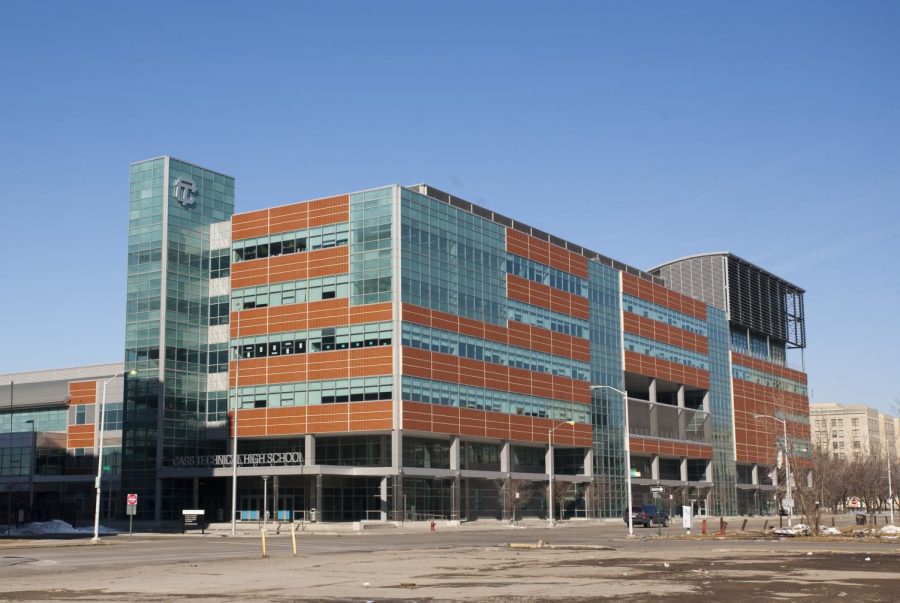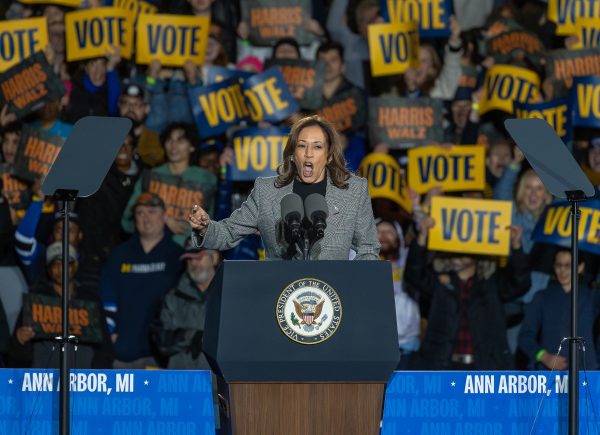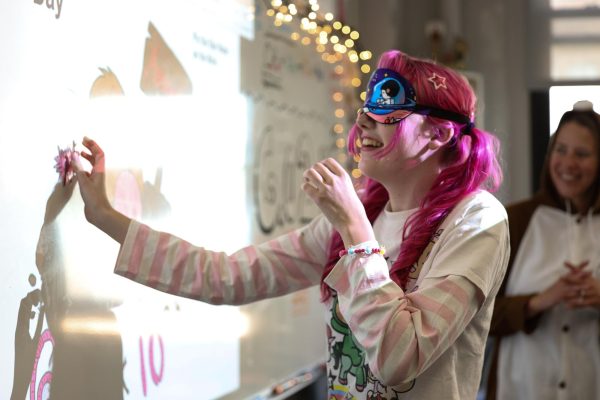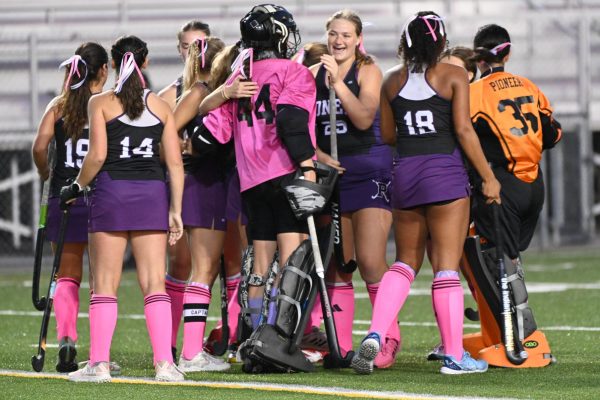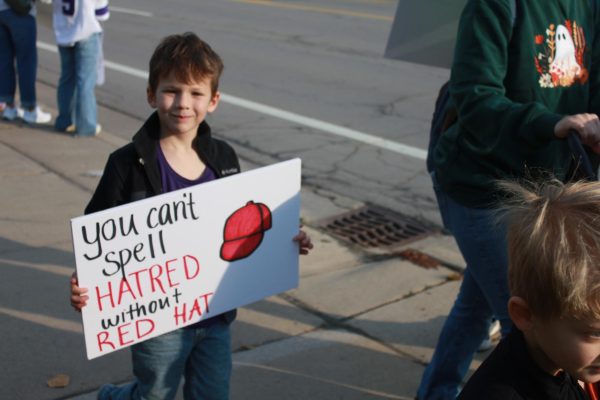Defunding the Police in Detroit Public Schools
Since the death of George Floyd in May of 2020, protests have erupted across the world, fighting for change in government and policy. Schools are no exception. In Detroit, there has been a movement to get rid of the police in public schools.
On Feb. 11, the University of Michigan hosted “Engage for Defunding the Police in Detroit Public Schools.” Organizations such as Detroit-Heals-Detroit were represented and spoke about the benefits of removing school police. Detroit-Heals-Detroit stated they wanted at least 25% of police funding going directly to mental health resources for kids.
“The display of hyper surveillance, the lack of resources and the lack of mental health resources that combine to tell kids that [they’re] not worth investing in, [they’re] not worth it,” Dr. Charles Bell said, a criminal justice professor at Illinois State University, aid at the U of M event. “We don’t see you going to college, we see you going to prison.”
Dillion Cathro, a school suspension teacher, also spoke at the event. A decrease of hyper surveillance and police in schools will also encourage more kids to go to school, he said.
“School is supposed to be a safe space — a place to escape from maybe something that’s going on at home, or if you have a good home life, it’s supposed to be an escape into another set of learning,” Cathro said. “It doesn’t make sense to put trained people who are supposed to handle escalated, or further escalate, situations into school. It would make more sense to implement and input more mental health resources and social support resources for students.”
In agreement with Cathro, Dr. Bell said, “the heavy presence of law enforcement, it really just discourages kids from coming to class.”
“How will the school board take action?” was a question asked during the Q&A. Kristian Matthews, a Detroit-Heals-Detroit member, said that Dr. Vitti, Detroit’s superintendent, who was not present, was open to the idea of defunding police in schools on Twitter, but that the support needs to extend into action.
“[We need to] continue the message so we can get a broader collective of the administration to agree [that change needs to happen],” Matthews said. “But there’s a lot more work to be done to kind of get the entire collective to understand the situation that students go through. [School officials are] elevating the voices of students and making sure that those voices of students are being heard. And I think that’s our next step forward, is letting students speak and making sure that these administrators are willing to listen.”




